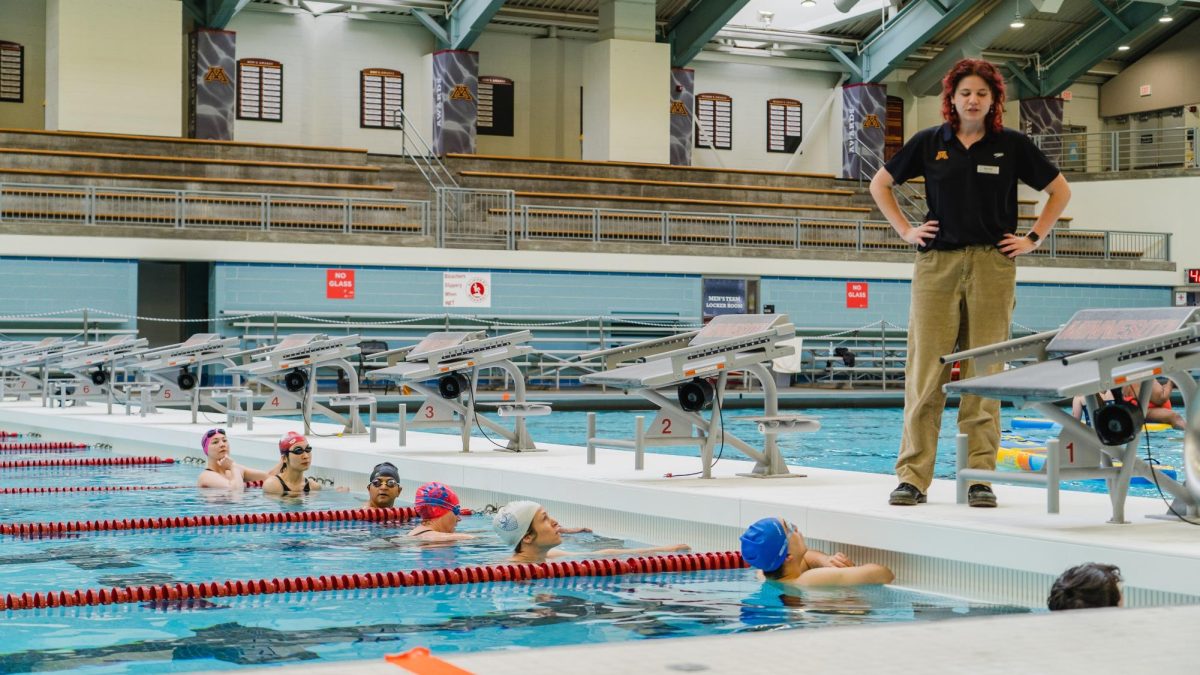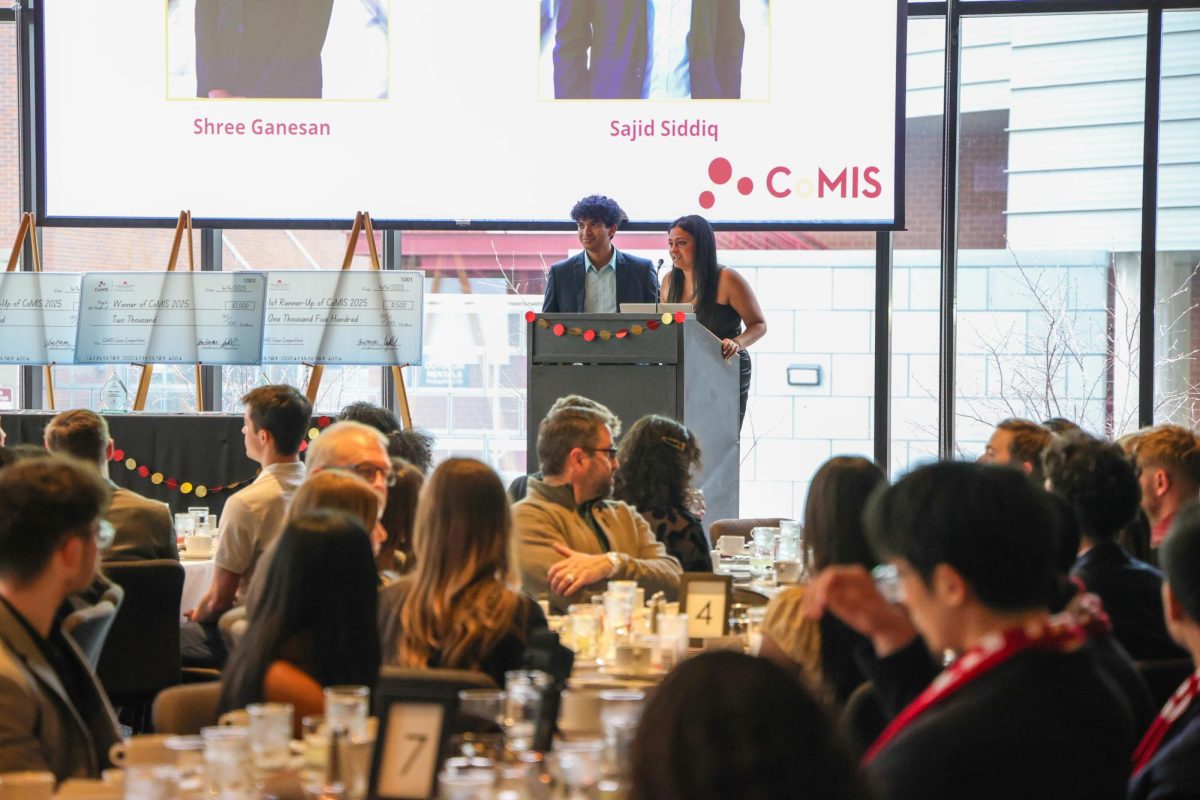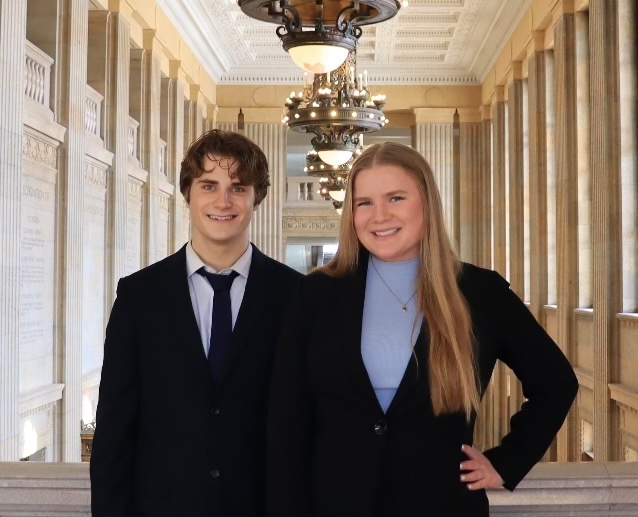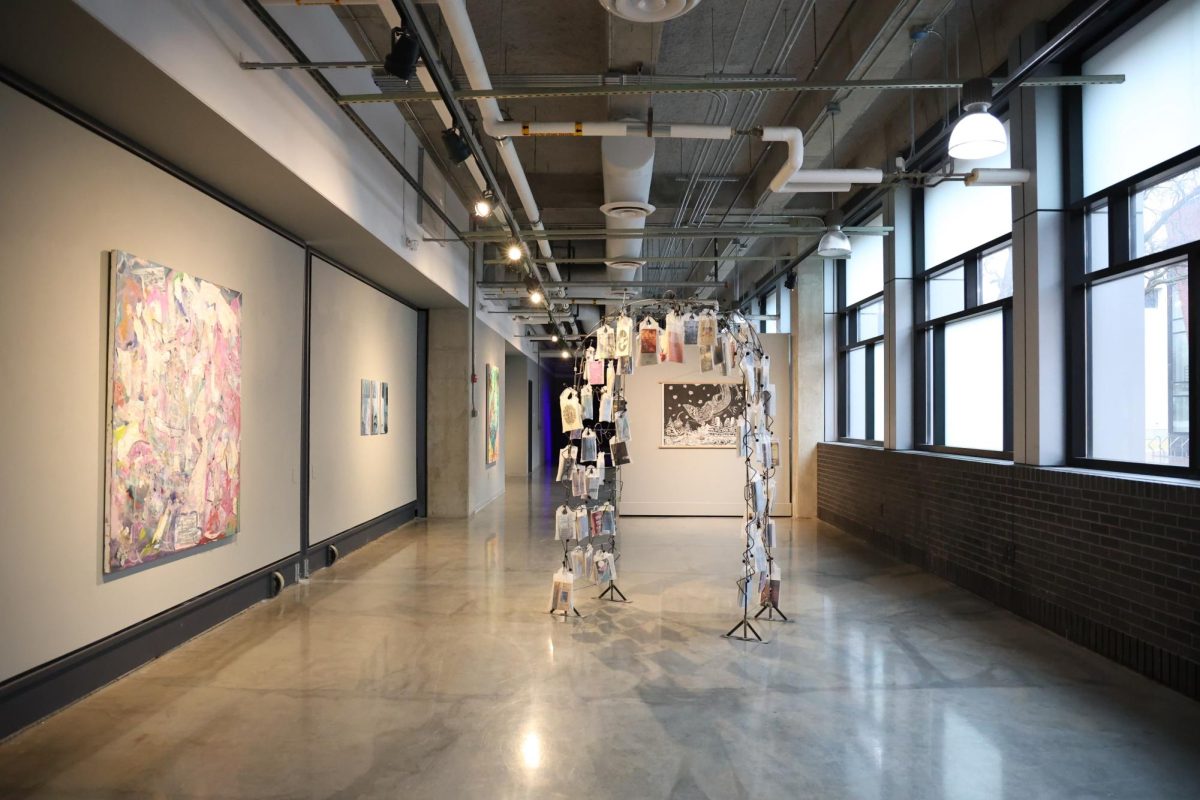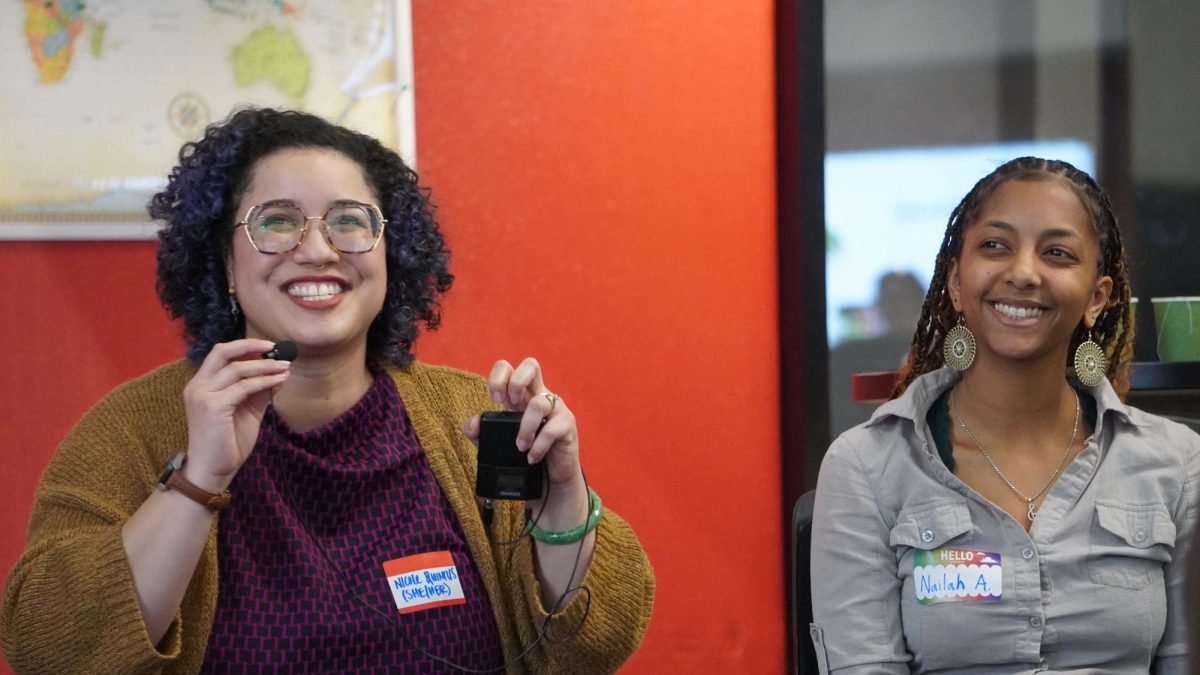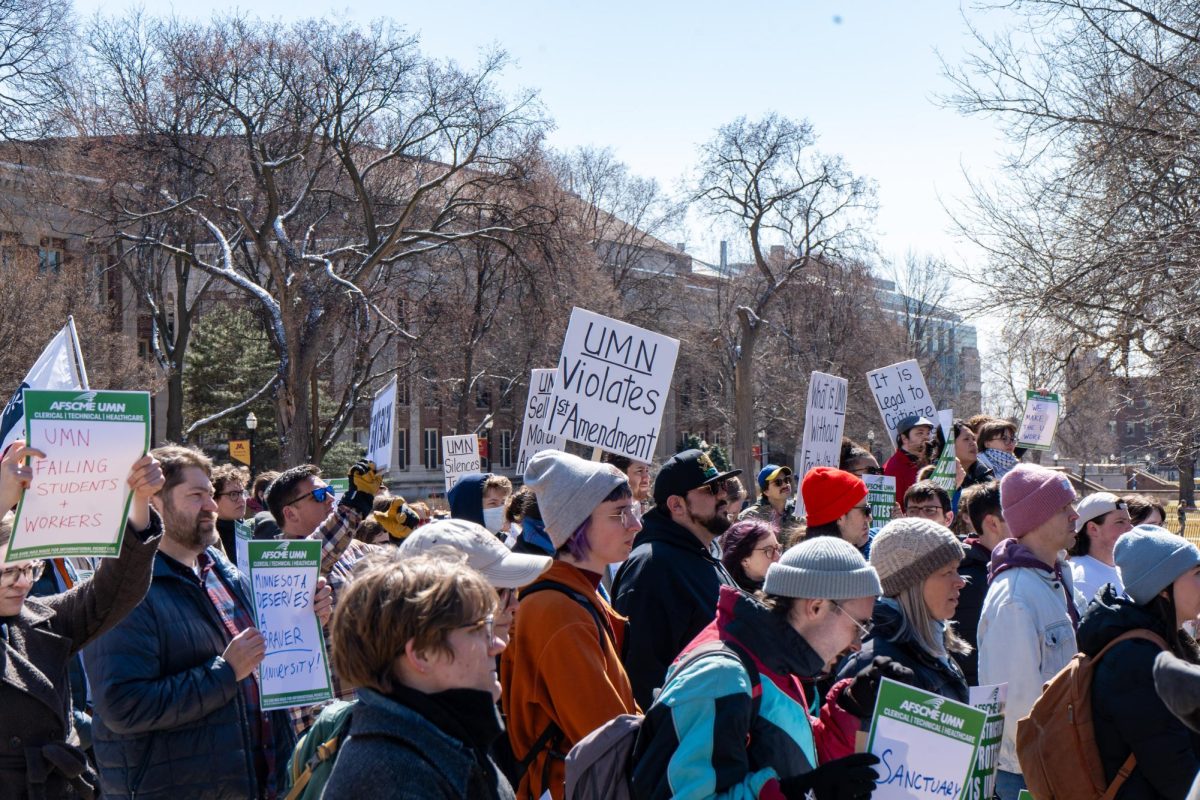The Center for Infectious Disease Research and Policy (CIDRAP) at the University of Minnesota announced on Dec. 2 that it received a three-year grant from the Albert Victor Ravenholt Fund.
The grant awarded two doctoral students, Elise Holmes and Sydney Redepenning this year. They will participate in a scholar program and work directly with CIDRAP’s director and executive team to advance the center’s work on focusing on different public health priorities.
The Albert Victor Ravenholt Fund is a private foundation that funds general support for various grantees, including the University of Minnesota Foundation.
CIDRAP Director Dr. Michael Osterholm said this program will help public health students in research opportunities, advocacy and work and career development.
“What we are trying to do really is to find students that will be the leaders of public health tomorrow and be supported in their activities,” Osterholm said. “This is a way to help do that.”
Osterholm added the program will allow Holmes and Redepenning, along with future students, to free up their time to work on any number of things so they can be the leaders of tomorrow.
Holmes, whose main area of interest is antimicrobial resistance and vaccines, said the program will allow her more flexibility and the opportunity to travel for her research.
“Some of the potential partners for the project I am working on are in the U.K. and a couple other places, so it might potentially lead to the opportunity to go to a conference they hold each year over there,” Holmes said.
Since Holmes is already working full-time at CIDRAP, she said the program will also allow her to decrease some of her hours and focus exclusively on her research and studies.
Holmes talked to Redepenning about using the extra time they will be given to work on new projects, such as continuing to produce Osterholm’s podcast, “Osterholm Update,” which discusses and analyzes the latest infectious disease developments.
Redepenning said she is excited, honored and grateful to be selected for the program.
“Elise is someone I really look up to, and she inspires me in the way that I want to work, so seeing my name next to hers definitely has given me some feelings of imposter syndrome,” Redepenning said.
Redepenning said the main change for her in being a part of this program will be spending more time on projects she finds interesting and having added flexibility, which is rare in academia.
“There are two main things that there usually are not enough of in universities anywhere,” Redepenning said. “They do not have the time, and they do not have the money. Being able to have more of those two things is overwhelmingly exciting.”
Osterholm said public policy and financing of public health are in uncharted territories right now, especially with the incoming Trump administration and his potential cabinet leadership.
“Failure in public health is not an option,” Osterholm said. “There is still much more to be done.”
Osterholm said they have never been in a situation where the actual practice of public health has been threatened like it is now and that is why it is important to have talented individuals like Holmes and Redepenning.
His job going forward is to help them make connections, experience things they otherwise would not and share with them lessons he has learned over his 50 years of experience in the field.
“We will not be able to change everything,” Redepenning said. “But, having programs like this around the country is going to be critical in preparing for future pandemics and combatting a lot of the anti-science rhetoric spreading, especially with the uncertainty that lies ahead for public health.”




